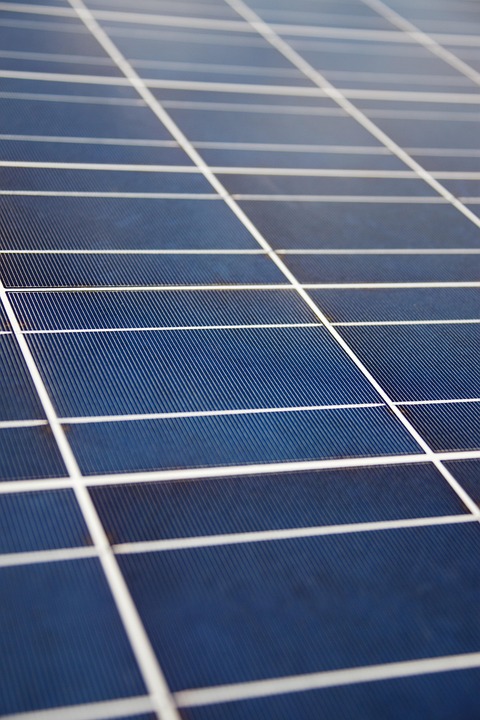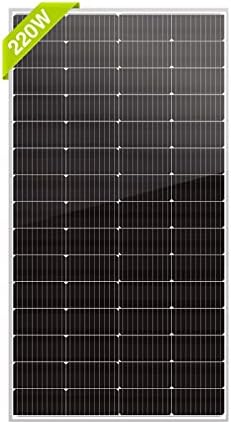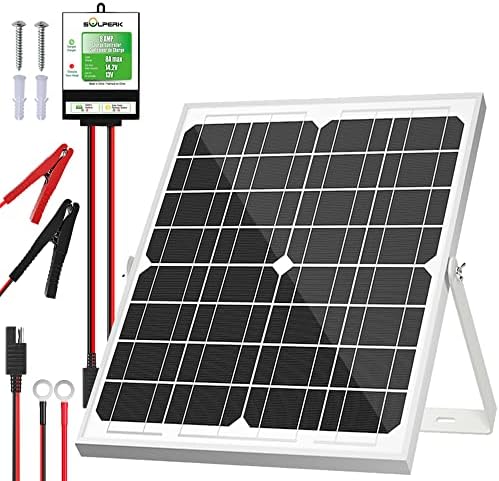## Solar Solutions for a Brighter Tomorrow: The Environmental Impact of Solar Panels
Waking up to the gentle warmth of sunlight streaming through the window has become one of my favorite morning rituals. The quiet hum of nature outside fills the air, and with a single glance at my solar panel system, I know that not only is my day powered by sunshine, but I am also playing a part in a larger purpose—helping the planet. Solar panels have transformed my life and provided a sense of independence, not just from utility bills but also in contributing positively to the environment. Let’s dive into how solar solutions are paving the way for a brighter tomorrow, both for us and Mother Earth.
### The Solar Revolution: What Makes Solar Energy Special?
In a world grappling with climate change and environmental degradation, solar energy has emerged as a beacon of hope. Solar panels convert sunlight into electricity, providing a renewable energy source that reduces reliance on fossil fuels. This transformation is crucial, as the burning of fossil fuels contributes significantly to greenhouse gas emissions, which trap heat in our atmosphere and drive climate change.
Solar power harnesses the sun’s energy without producing harmful emissions, offering a clean alternative. Each panel generates electricity without air pollutants, making every household that adopts solar energy a chunk of cleaner air for our communities. Imagine each solar installation as a little shield, protecting our atmosphere while pushing the envelope on energy innovation!
### Environmental Impact: The Bright Side of Solar Panels
1. **Reduction of Carbon Footprint**
Every kilowatt-hour produced by solar panels means less demand for electricity from traditional, fossil-fuel-powered plants. According to estimates, switching to solar can reduce an individual’s carbon footprint by over 3 tons of CO2 annually! This reduction is vital for anyone aiming to contribute positively to climate change efforts.
2. **Water Conservation**
Did you know that traditional electricity generation is water-intensive? Fossil fuel plants require massive amounts of water for cooling and processing, leading to depletion of our precious freshwater resources. Conversely, solar panels require little to no water after installation. This is a game-changer for communities facing droughts or water scarcity.
3. **Biodiversity Benefits**
Installing solar farms, especially in areas that previously focused on agriculture, can benefit local biodiversity. By choosing to embrace solar energy, eco-friendly practices can revive ecosystems, allowing for healthier habitats. Strategic planning for solar sites can enhance plant and animal diversity and offer employment opportunities to local communities.
4. **Sustainable Energy for All**
Solar energy is scalable; it can work for tiny homes and vast solar fields alike. This flexibility makes renewable energy accessible, focusing the energy transition on sustainability and inclusivity. Many rural areas that struggled with consistent electricity access are now finding reliability through solar installations. Think of solar energy as an equalizer, offering everyone a chance to thrive sustainably.
### How Solar Panels Work: A Glimpse Under the Surface
Understanding how solar panels work adds to the appreciation of their impact. Solar panels consist of photovoltaic cells that capture sunlight and convert it into electricity. Here’s a simplified breakdown of the process:
– **Photovoltaic Effect**: When sunlight hits the cells, it knocks electrons loose, creating an electric current.
– **Inverter Role**: The direct current (DC) flows through an inverter, which converts it into alternating current (AC), usable by your home appliances.
– **Connection to Grid**: Excess power can often be fed back into the grid, allowing you to earn credits or savings on your energy bill!
This technology continually evolves, leading to more efficient panels and storage systems, such as batteries that store excess energy for when the sun isn’t shining.
### Financial Benefits of Going Solar
The benefits of solar energy extend beyond environmental considerations. Financially speaking, the initial investment can seem daunting, but the long-term savings make it worthwhile.
1. **Decreasing Utility Bills**: Homeowners typically see a 50% to 90% reduction in energy bills after installation.
2. **Tax Incentives**: Many states offer tax credits, rebates, and incentives for solar installation, making it more affordable and attractive.
3. **Increase in Property Value**: Homes with solar panel installations typically appreciate faster than their non-solar counterparts.
### Pro Tips for Maximizing Solar Energy
1. **Location Matters**: When installing solar panels, consider orientation and shading. Panels facing south and unobstructed by trees generate the most energy.
2. **Choose the Right System**: Assess your energy needs and consult professionals to determine if a grid-tied, off-grid, or hybrid system is right for you.
3. **Regular Maintenance**: Keep panels clean and free from debris. A periodic inspection will maintain efficiency and prolong the system’s lifespan.
4. **Educate Yourself**: Keeping up-to-date with solar technology trends will help you make informed decisions about future upgrades or enhancements.
5. **Community Engagement**: Join local solar advocacy groups. Learning from others can provide insights into best practices, incentives, and support networks.
### Challenges and FAQs
Despite the numerous advantages, there are still challenges and questions regarding solar technology.
1. **What if I live in a cloudy area?**
– Solar panels can still generate energy under cloudy conditions. They’re efficient enough to produce power even with indirect sunlight!
2. **What’s the lifespan of solar panels?**
– Most solar panels come with warranties of 25 years but can last well beyond that with proper maintenance.
3. **Are there recycling options for older panels?**
– Yes! Many manufacturers are establishing recycling programs to recover valuable materials from aging panels.
### Conclusion: The Path Forward
The transition to solar solutions is undeniably bright. Embracing solar energy doesn’t just symbolize a shift in energy sources; it’s a lifestyle change that encourages sustainability. Together, we can reduce our carbon footprints, conserve natural resources, and promote a healthier planet.
In our journey towards a greener future, solar panels shine brightly, illuminating the path for generations to come. So, whether you’re considering a home installation or a larger community project, remember: each step toward solar is a step toward a brighter tomorrow. Let the sun energize your life and the world!



